The Aftermath of the Boston Bombing
 Over a week has lapsed since two bombs placed at the feet of a cheering crowd in Boston detonated, killing three, maiming two-hundred nineteen and traumatizing multitudes. The impacts were experienced far and wide, due in large part, to the presence of so many cameras and social media. Most news outlets, trying to stand out among competitors, were caught up in the same frenzy as people posting on Facebook, Twitter, Reddit, etc., sometimes blathering comparable amounts of misinformation.
Over a week has lapsed since two bombs placed at the feet of a cheering crowd in Boston detonated, killing three, maiming two-hundred nineteen and traumatizing multitudes. The impacts were experienced far and wide, due in large part, to the presence of so many cameras and social media. Most news outlets, trying to stand out among competitors, were caught up in the same frenzy as people posting on Facebook, Twitter, Reddit, etc., sometimes blathering comparable amounts of misinformation.
One suspect is dead. Another wounded and in custody. They were both born in the Caucasus. They are, quite literally, Caucasian. And now comes the politics and the postmortems.
Not since the attacks on the World Trade Towers have Americans had the opportunity to become so immersed in a real-life drama as it unfolded. The investigation, identification of the suspects, pursuit and violent conclusion unfolded in real time over five days (a relatively short span) providing the spectacle and drama that viewers and, consequently, the media crave.
Many people have stepped back beyond the online sleuthing and conspiracy theories and consider what our reactions to this violence says about us.
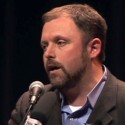
Tim Wise
Tim Wise (Tim Wise: On White Privilege) predicted before the suspects were identified that the the cultural assumptions of privilege would be revealed in the way we discuss culpability. His piece, Terrorism and Privilege: Understanding the Power of Whiteness explores the double standard we apply to terror suspects based on culture and race.
_
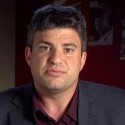
(Dave Zirin)
Dave Zirin (Not Just a Game: Power, Politics & American Sports) wrote twice in The Nation on the Boston Marathon as a symbol of transformation. In The Boston Marathon: All My Tears, All My Love Zirin reminded us of the story of Katherine Switzer defying popular opinion and race officials by being the first woman to run in the Marathon and, in doing so, making a bold political statement and making history. In Why We Must Protect Next Year’s Boston Marathon From Ourselves he cautions that we should resist submission to excessive martial control and trading off individual rights for a false sense of security.
_
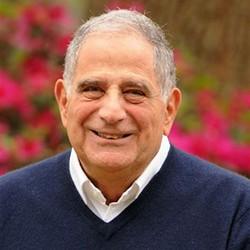
Jack Shaheen
Jack Shaheen (Reel Bad Arabs) responded to the vilification of Muslims by the press that quickly followed the attacks. He was specifically discussing the New York Post’s front page that erroneously identified two young men, one who was of Moroccan dissent, as suspects. (IOS users can see the video here)
_
_
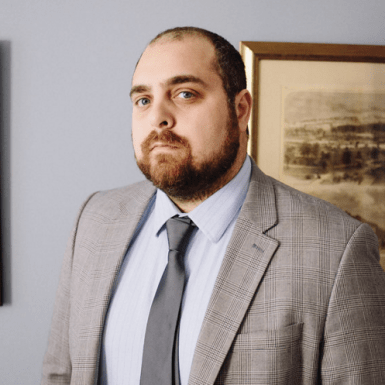
Matt Sienkiewicz
Matt Sienkiewicz (Live From Bethlehem) writing in EAWorldView cautions those who might be inclined to think of the Boston Marathon attacks “in perspective” to appreciate that horror is not a relative experience.
“Yes, it would be very good to have more sympathy for, and more actively help, those who suffer. But a step towards this is, I believe, to realize what suffering is and how unacceptable it is to live with, even for a moment.”
_
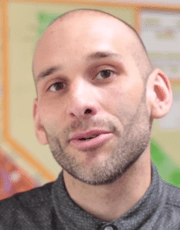
Mike Madrigal
Mike Madrigal of the Atlantic deconstructs the social media phenomenon that resulted in identifying in error a missing Brown student and a non-existent cohort, Mike Mulugeta, as the suspects: It Wasn’t Sunil Tripathi: The Anatomy of a Misinformation Disaster.
“….I just don’t understand what happened last night. A piece of evidence that fit a narrative some people really wanted to believe was conjured into existence and there was no stopping its spread.”

